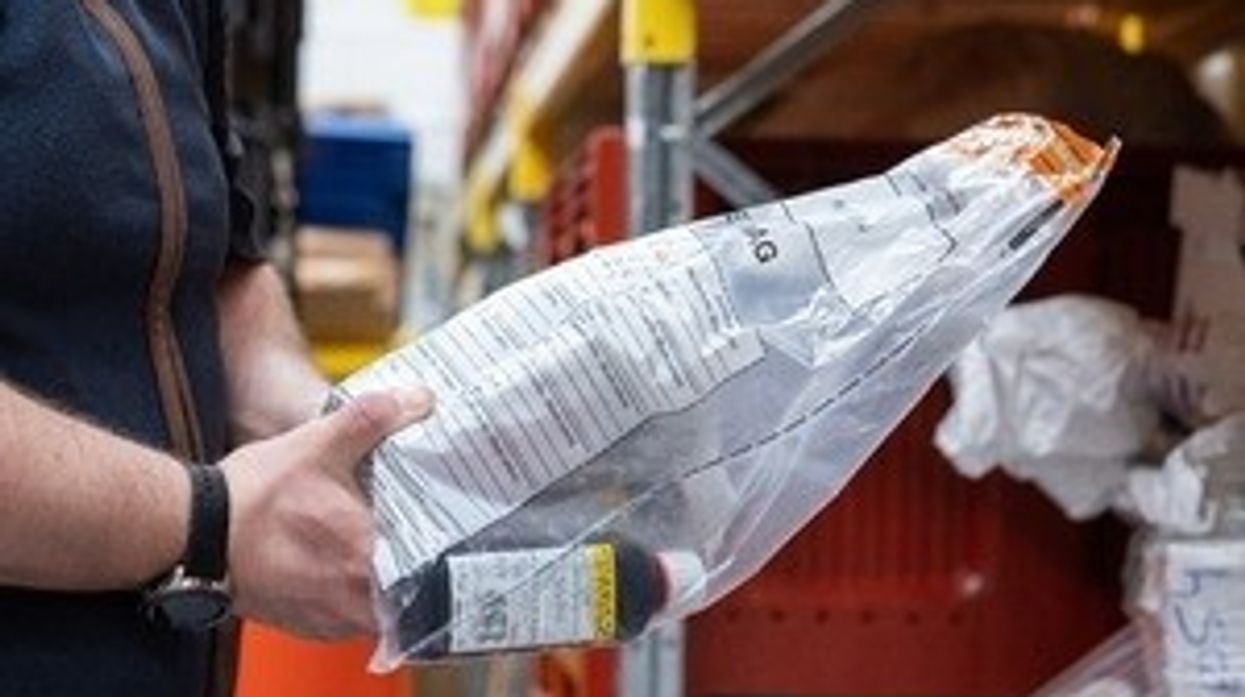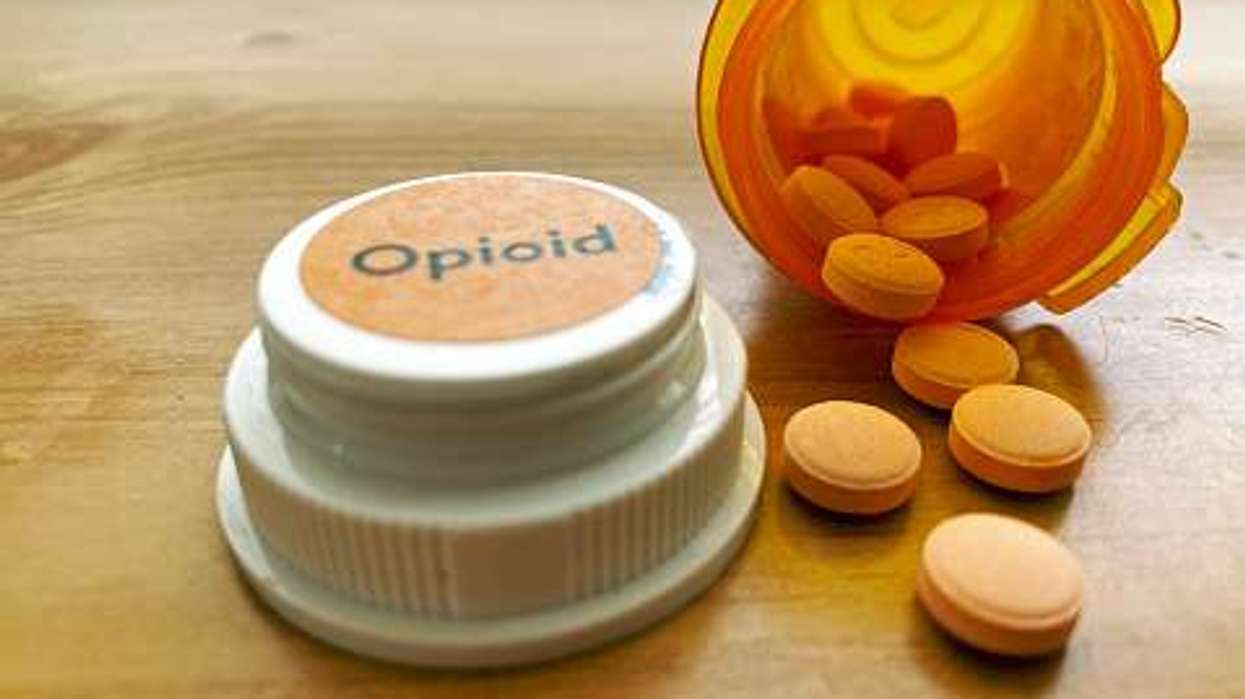The medicines seized include sedatives, painkillers, sleeping tablets and erectile dysfunction treatments
More than 17 million doses of illegally traded medicines, with an estimated street value of over £40 million, were removed from circulation in 2024 by the Medicines and Healthcare products Regulatory Agency (MHRA) and its law enforcement partners.
According to the agency, the seized medicines included 5.5 million doses of erectile dysfunction drugs, 5.5 million doses of painkillers, 2.8 million doses of sedatives, 1.6 million doses of sleeping tablets, and 1.9 million doses of other medications.
The MHRA highlighted that most of these were not licensed for sale in the UK and could contain "too much or too little of the declared active ingredient” as well as other ingredients that are not approved for use.
To combat medicine crime, the MHRA’s Criminal Enforcement Unit (CEU) collaborated with Border Force at various UK ports to identify and seize medicines illegally entering the UK.
They also targeted individuals and networks illegally involved in online medicine trafficking, disrupting more than 1,500 websites and posts on social media accounts selling medicinal products illegally.
Andy Morling, head of the CEU, warned of the dangers of buying medicines from unverified sources, stating that “there is no guarantee that the products are safe or effective.”
He further stated: “Criminals are in the illegal medicines trade for one reason only, to make money. By seizing their profits, we’re removing that single motivation.”
“Whether held in Bitcoin or banknotes, we can take these criminal profits out of the hands of offenders. We can also use some of the money to strengthen our enforcement efforts against them. It’s a win for the safety of the public, and a serious blow for organised crime.”
In 2024, the CEU’s financial investigators denied access to a total of £7.5 million in criminal assets.
Health minister Karin Smyth assured that the government is cracking down on “rogue retailers” involved in selling unregulated and illegal medicines and the MHRA will use the confiscated funds to strengthen future action against criminals.













